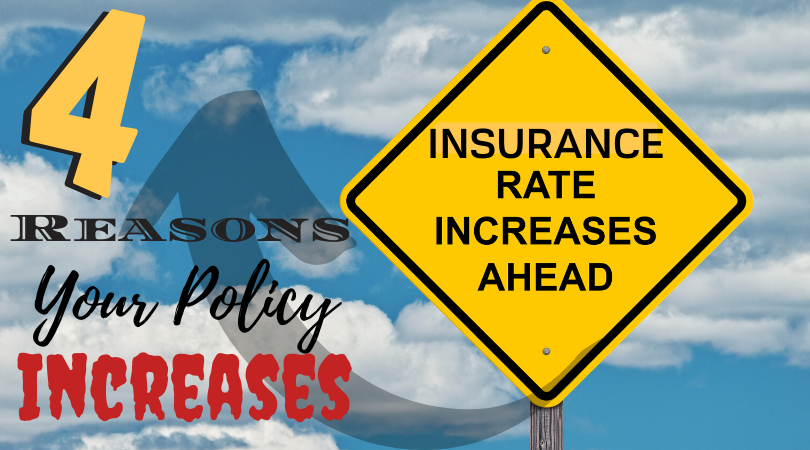There comes that time of year when your Homeowner’s Insurance Renewal arrives in the mail. You’re happily buzzing through your day when you read the bad news: your premium is increasing!
Panic sets in, then a fair amount of anger, and possibly a bit of anxiety.

Whether your insurance is included in your mortgage payment through an escrow account, or you pay it separately on your own, panic sets in because you know this increase will impact your household budget.
Anger arises due to the unfairness of this rate increase.
“How dare they!” “Why are they doing this to me?”
The anxiety is the worst part, but also the possible best part of your response to the premium increase. Anxiety emerges because you truly don’t know why, nor do you understand, why your insurance carrier would increase your premium in such a seemingly arbitrary way. But that same anxiety can fuel your desire to learn the answer to that question, and then to drive you forward to take action and seek a favorable resolution.
Here are 4 reasons why your Insurance Carrier might increase your Homeowner’s Insurance Premium; the second one will knock you out of your chair!
- Claims. Have you had a claim in the past twelve months? This is one of the most common reasons for a premium increase. But this doesn’t always have to be so! First, query your Insurance Carrier to determine if there are actions you can take to resolve the issue around the claim. For example, if the claim was due to a burglary, maybe installing a quality security system can relieve the premium-increase-pressure. If that doesn’t work, calling your Independent Insurance Agent is a great solution! Your Agent can either advocate on your behalf with your current Insurance Carrier, or, find another Homeowner’s policy at a lower rate.
- Credit Score. Insurance Carriers use a specific “Insurance Score” to predict the likelihood of a future claim. The Insurance Score is different than your Credit Score, but uses similar methodology to create a score based on multiple data points. Generally speaking, if you have good credit, then you’ll have a good Insurance Score. But the Insurance Score is out of your control unlike your consumer credit score. With a consumer score, in the event of an error on your credit report that impacts your score, Federal Regulations permit you to dispute the error and work on restoring your good score. Your Insurance Score, on the other hand, is an unknown to the consumer. To prevent arriving at a lower Insurance Score, monitoring and maintaining your consumer Credit Score is important. Find out more at the Federal Trade Commission website here.
- Construction Costs. Your Homeowners Insurance coverage is based on a calculation to repair or rebuild your home in the event of damage or disaster. Therefore, the costs of materials and labor specific to your area can impact the calculation of those repair/rebuild costs. If your local construction costs have increased due to market conditions, then it is a good likelihood your Insurance Premium can increase also. The good news is that your Independent Insurance Agent can review your entire policy. We recommend a Twice-Yearly Review to determine if there are other areas of your policy where you can derive savings to offset any such increase in your annual premium.
- One of the most popular reasons for a rate increase is…..drum roll: “State Filed Rate Increase“. The insurance carrier will file a request with the state to allow for an increase on their policies that affect all policyholders. The only way around this is to call your independent insurance agent so they can shop other carriers who are competitive. Even after a filed rate increase, most insurance companies will eventually revamp their product portfolio to be more competitive. It’s basically a vicious circle.
Bottom Line: Reduce your anger, panic, and anxiety from an increase in your insurance premium by contacting your Independent Insurance Agent for the best and most expert guidance.
Contact our team at Vargas & Vargas Insurance to learn more about the benefits reviewing your insurance portfolio and what other options you have to reduce this emotional event.












